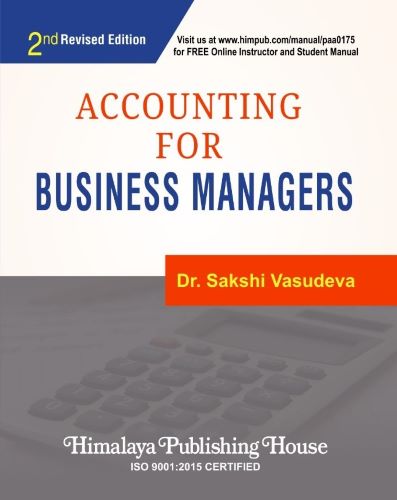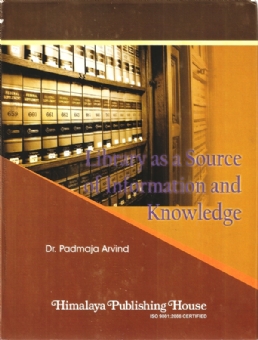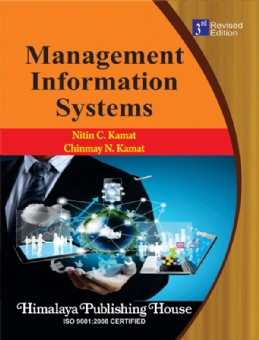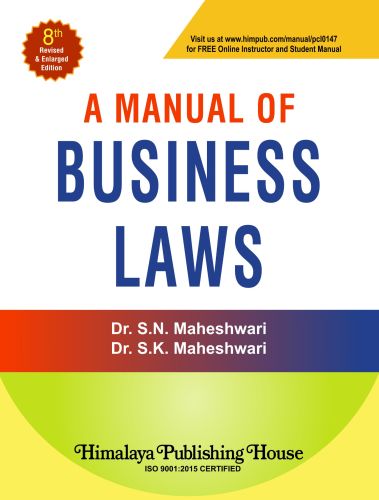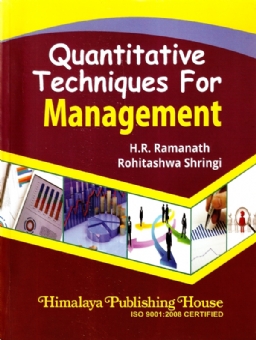Accounting is an important tool for taking various business decisions. It is therefore inevitable for aspiring management professionals to understand the accounting concepts and practice. The book is primarily meant for practicing and future managers so that they can understand the principles, practices and uses of accounting. The book provides a comprehensive coverage of financial accounting, cost accounting and management accounting. Theoretical concepts have been explained in a lucid manner. A large number of illustrations have been covered so that the technical and practical aspects can be understood in a systematic and organized manner. Non commerce graduates who have no prior training in accounting may find the book quite useful. Cases have been also covered at the end of each chapter so that the management professionals get to acquire the requisite skills in the application of the subject.
Contents :
Part-I Introductory Conceptual Building
1. Introduction to Accounting
2. Accounting Principles and Accounting Standards
Part-II Accounting Cycle
3. Journal, Ledger and Trial Balance
4. Special Journals
5. Computerized Accounting
6. Recognizition of Expenses and Revenues
7. Preparation of Final Accounts
Part-III Rectification and Reconcialiation
8. Rectification of Errors
9. Bank Reconciliation Statement
Part-IV Valuation of Assets Assets
10. Depreciation Account and Provisions and Reserves
11. Inventory Management
Part-V Analysis and Interpretation of Financial Statements
12. Company`s Final Accounts
13. Financial Analysis
14. Ratio Analysis
15. Statement of Changes in Financial Position – Funds Flow Statement
16. Cash Flow Statement
Part-VI Decision Making and Control
17. Management Accounting: an Introduction
18. Cost Accounting and Classifications of Costs
19. Accounting of Overheads
20. Budgeting and Budgetary Control
21. Standard Costing and Variance Analysis
22. Marginal Costing and Cost Volume Profit Analysis
23. Decision Making and Profit Planning
24. Accounting for Labour Costs
25. Reconciling the Differences between Cost and Financial Accounts
26. Management Accounting and Control Techniq

